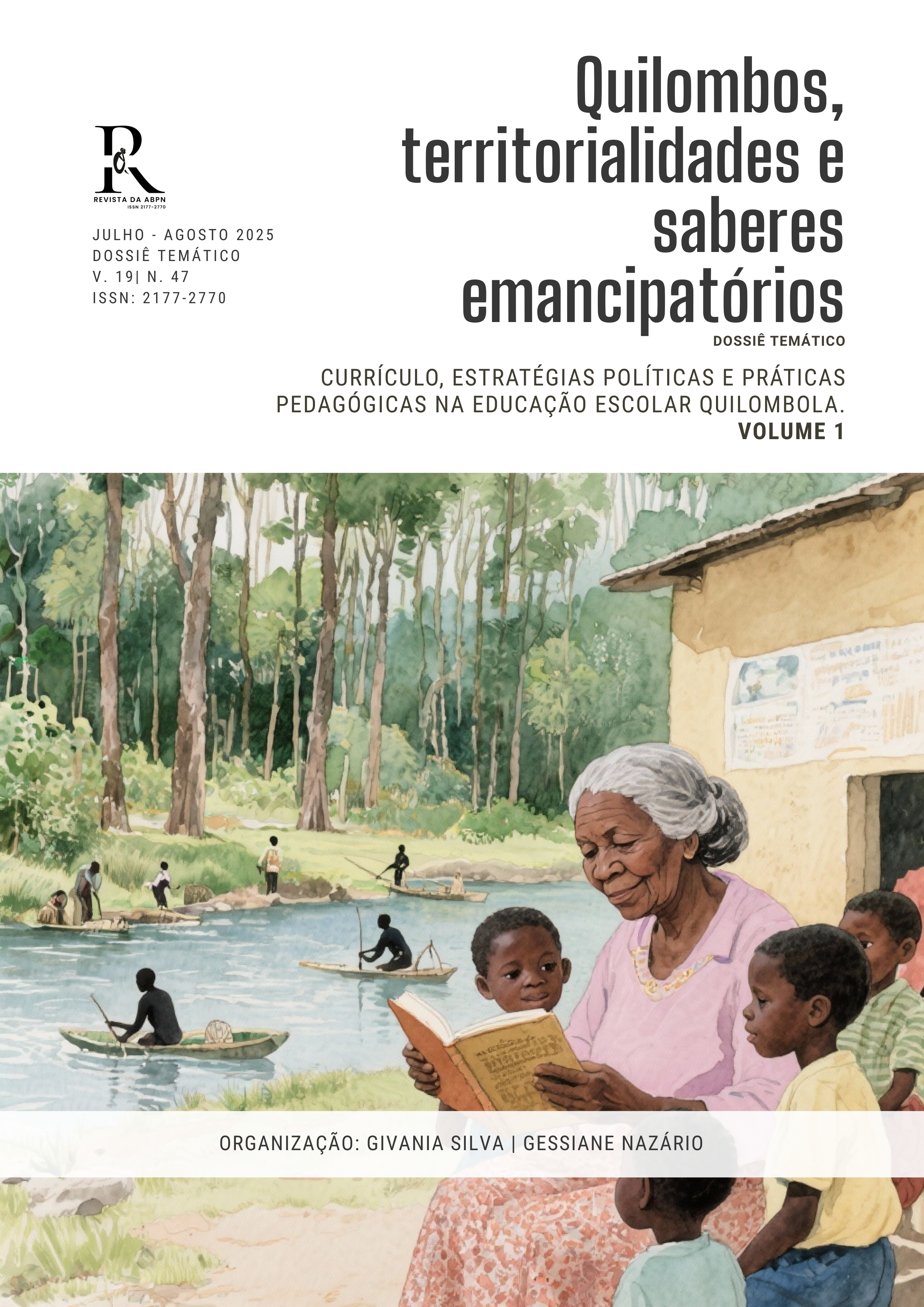The Management and Use Plan for the Quilombola Territory of Conceição das Crioulas and Crioula Pedagogy
Main Article Content
Abstract
The purpose of this article is to describe how it happened and to present some of the results of a survey carried out by the Conceição das Crioulas Quilombola Association (AQCC) in 2011, with the aim of subsidising the preparation of the community's Territory Management Plan. This research was carried out in the quilombola schools, and part of the public surveyed were students from all the disciplines offered in the quilombo, i.e. from kindergarten to high school. Leaders, representatives of farmers' associations, adults and the elderly were also consulted. Several groups were formed, and for each one a methodology was planned and used according to each age group. Analysing what each group said resulted in an important contribution to a territorial plan that looks at the past, the present and also what the future could be, in terms of land use, care and nature conservation. The strengthening of an ancestry centred on ethnic belonging, cultural traditions and ways of life, lived through the use of the land, were also issues observed in the oral accounts, and in written activities, through the children's drawings, etc.
Article Details

This work is licensed under a Creative Commons Attribution 4.0 International License.
Copyright Statement
- Authors retain copyright and grant the journal the right of first publication, with work simultaneously licensed under the Creative Commons Attribution License CC-BY 4.0 which allows the sharing of the work with acknowledgment of the authorship of the work and initial publication in this journal.
- Authors are authorized to enter into additional contracts separately for non-exclusive distribution of the version of the work published in this journal (eg, publishing in institutional repository or book chapter), with acknowledgment of authorship and initial publication in this journal.
- Authors are allowed and encouraged to post and distribute their work online (eg in institutional repositories or on their personal page) at any point before or during the editorial process, as this may lead to productive changes as well as increase impact and citation of published work (See The Effect of Free Access).

